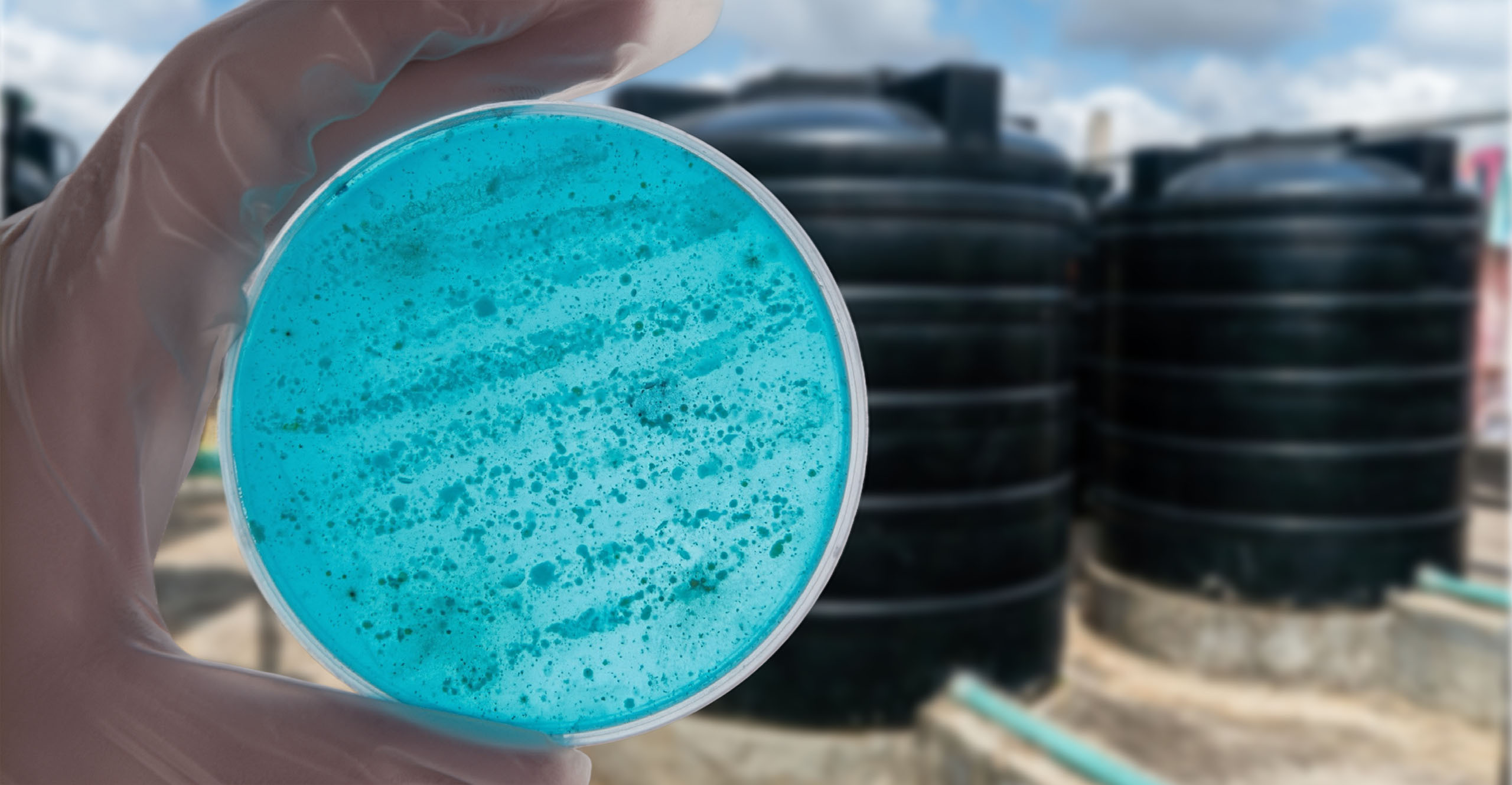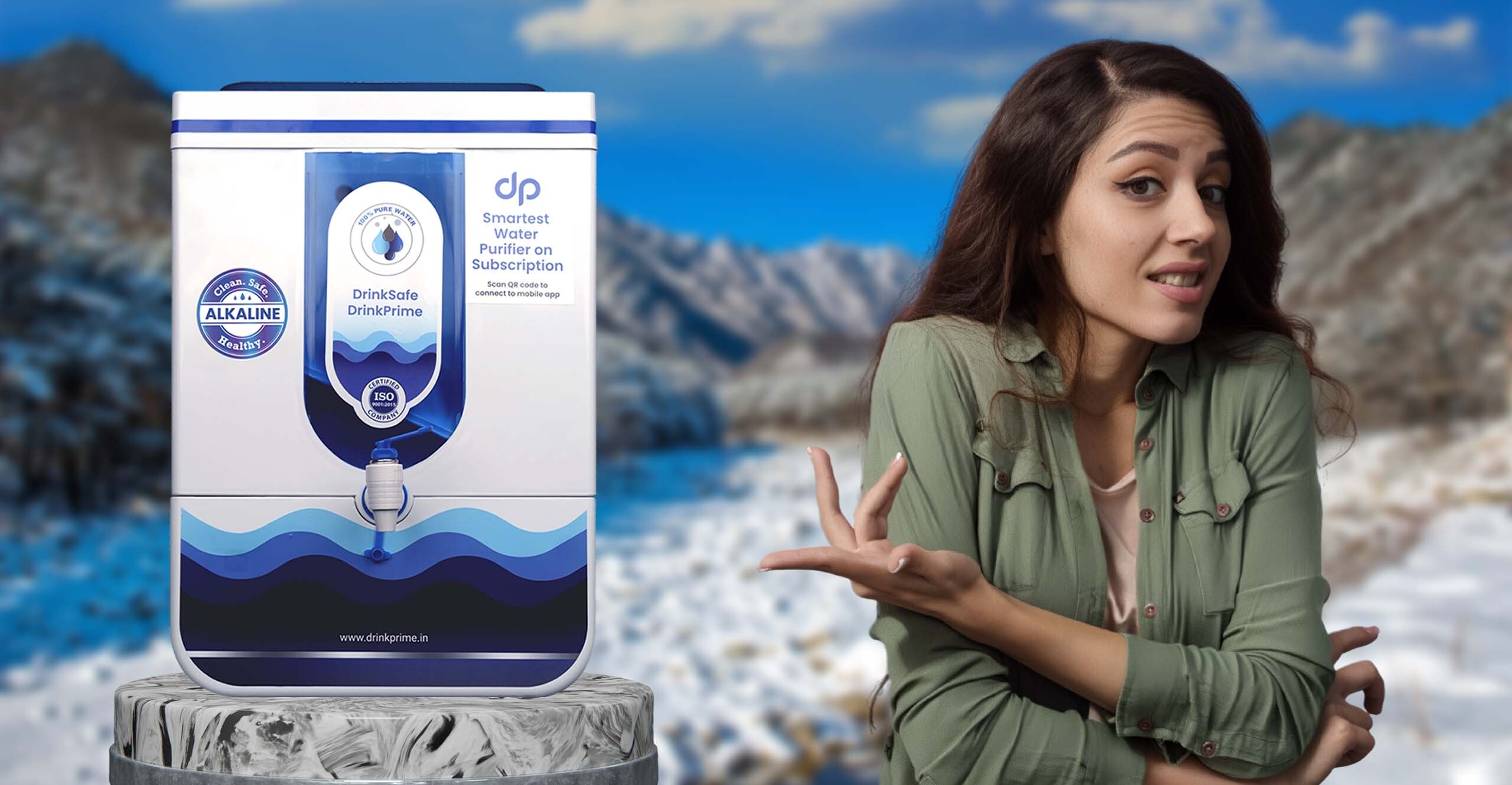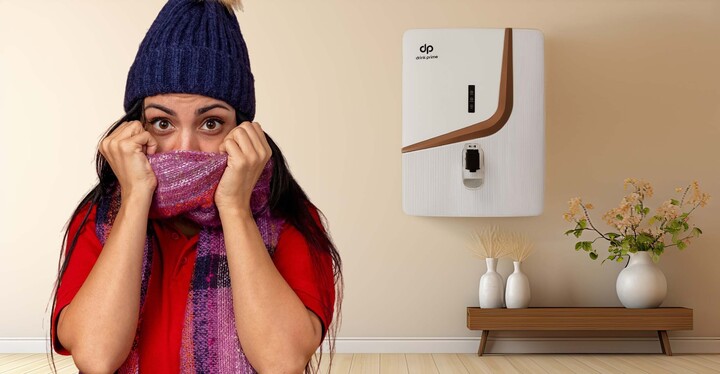Tap water is essential to our daily lives, but do you know what’s actually in it? Ensuring the safety of your tap water is crucial for maintaining a healthy lifestyle. Most people take tap water for granted, assuming it’s safe without giving it much thought.
One of the best ways to gauge the safety of your tap water is to check its quality report. In this blog post, we’ll dive into how to interpret these reports and explore the role of tap filters in enhancing water safety.
What is a Water Quality Report?
A water quality report is a document issued by your local water utility company that provides detailed information about the quality of the tap water supplied to your home. This report is usually published annually. It typically includes details about various contaminants, such as:
Bacteria
Regular water quality testing can help identify and address the presence of coliform bacteria, E. coli, and other harmful microorganisms in your drinking water.
Chemicals
Exposure to lead, arsenic, chlorine, and other harmful chemicals in drinking water can have serious health consequences.
Minerals
Hard water containing high levels of minerals like hardness, iron, and manganese can cause stains on fixtures, scale buildup in pipes, and unpleasant tastes and odours.
This report has their concentrations and whether they meet the standards set by regulatory agencies.
Things to Learn from a Water Quality Report
When you review your tap water quality report, you will find several vital pieces of information:
Contaminant Levels
The report lists various contaminants in the water, such as bacteria, lead, pesticides and chlorine. Check the levels of different contaminants and compare them to the maximum contaminant levels (MCL) set by federal standards.
Source Water Information
This section describes the source of your tap water, whether from river, lake or groundwater. Understanding the source can help you assess potential risks associated with it.
Compliance and Regulations
The report indicates whether the water meets or exceeds the safety standards set by public health advisories. Any violations and the measures taken to address them will be detailed here. Be aware of public health advisories or alerts about your water supply.
Health Effects
The report provides information about the potential health effects of contaminants that exceed safe levels. This helps you understand the risks associated with long-term exposure.
Monitoring
Stay informed about the frequency of water quality monitoring in your area. This knowledge can provide peace of mind and help you make informed decisions about your drinking water.
How to Interpret the Data?
Interpreting the data can seem daunting, but it’s manageable if you know what to look for. Pay close attention to the MCL and the detection limits. Contaminants listed with concentrations near or above the MCL may pose health risks.
What a Water Quality Report Won’t Tell You?
While a water quality report provides valuable information, it may reveal only some things about your tap water. Factors such as the condition of your pipes, plumbing fixtures, and the age of your home can also affect your water quality.
Here is what they typically won’t include:
Real-Time Data
Water quality reports are not real-time; they reflect data from a specific period. Therefore, they may not represent current conditions if there have been recent changes in water quality or if contaminants have emerged since the last report.
Personal Water Use
The report does not account for the condition of your home’s plumbing, which can affect water quality. For instance, old pipes might leach lead into your water, even if the source water is clean.
Specific Household Contaminants
A general water quality report won’t address contaminants specific to your household’s water system. For example, the report won’t include data on well-specific issues such as local groundwater contamination if you have a well.
How Do Home Water Filters Work?
Home water filters can significantly help remove additional contaminants that municipal water treatment processes may not fully address. Different types of water filters include:
Sediment filters
Sediment filters effectively remove dust, sand, and rust from drinking water. Sediment filters are typically used as a pre-filter before other filtration stages.
Activated Carbon filters
These effectively remove chlorine, volatile organic contaminants, and unpleasant taste and odours by adsorbing contaminants onto the surface of the carbon.
RO filters
An RO water filter uses a semi-permeable membrane to remove many contaminants, including heavy metals, salts and bacteria.
UV filters
UV filter kills bacteria and viruses by disrupting their DNA by using ultraviolet light, making them an excellent choice for eliminating biological contaminants.
Choosing the Best Water Filter Machine for Home
Selecting the best water filter machine for home depends on the contaminants identified in your water quality report. For instance, an activated carbon filter would be suitable if your report shows high chlorine levels. Conversely, an RO filter might be necessary if heavy metals like lead are present.
How Often Should You Check Your Water Quality Report?
Your local water utility typically provides water quality reports annually. However, it is recommended that you review these reports regularly to stay informed about any changes in water quality. It is worth requesting additional tests.
Why Choose DrinkPrime Water Purifier for Home Use?
The DrinkPrime water purifier offers a reliable solution for ensuring the highest tap water quality at home. This purifier combines multiple filtration technologies to address a broad spectrum of contaminants. This purifier filter machine for home provides clean, safe, and great-tasting water directly from your tap.
Features of DrinkPrime Water Purifier
Multi-Stage Filtration
Combines activated carbon, reverse osmosis, and UV purification to deliver comprehensive water treatment.
Smart Monitoring
Equipped with real-time water consumption tracking, water quality and filter health, ensuring optimal performance.
Ease of Use
User-friendly design and maintenance features make it an ideal choice for households looking to enhance their water quality effortlessly.
Get 7 Days Risk Free Trial
Conclusion
Regularly checking your tap water quality report and using an effective tap filter can greatly improve your family’s health and well-being. By staying informed and proactive, you ensure your tap water remains clean and safe for daily use.




